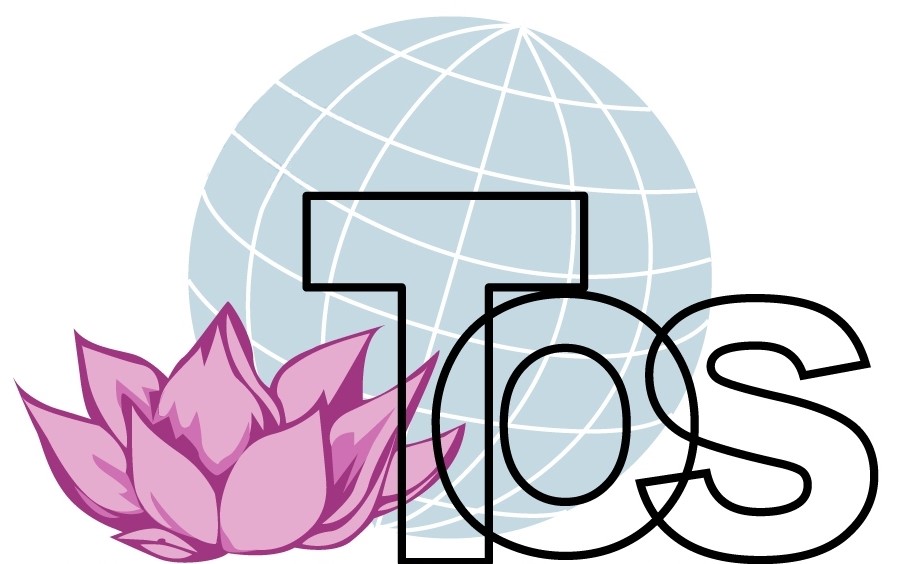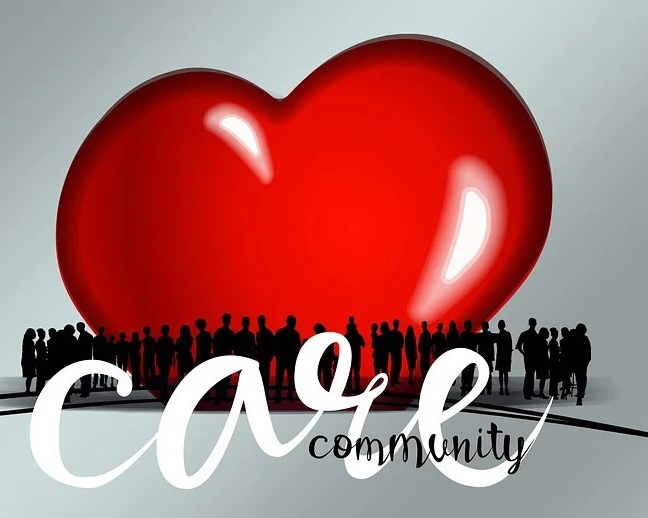Love in the Time of Corona
It will be interesting to see what stories come out of this time in history. A worldwide pandemic was something once written about in the annals of history, but not experienced in the lifetime of many of us. The thought of anything so “inconsequential” as a virus killing over 100,000 people (as of right now) belonged to writers of science fiction and suspense. Unbelievable to many of us, we assumed we are too intelligent a species not to be able to deal with it; after all, viruses have come and gone. We are still here and scientists have always found a solution.
The reaction we have with science, and with scientists themselves, is a push-pull relationship between fascination and disregard. Scientists are not considered the sexiest people in the room. Science was a subject in high school only the “geeks” or “nerds” found interesting. Perhaps the ability to infer is something only a particular type of person feels comfortable doing. Perhaps we don’t trust deduction coming from anyone but Sherlock Holmes. But we often choose to ignore or distract ourselves when the news coming from scientists is overwhelming. Except when it comes to our own personal life. We don’t like being told we are living on borrowed time, but we love knowing we are stardust. We care little about the destruction of the rainforests (the lungs of our planet), but don’t want anything destroying our own lungs. We are grateful to the scientists working around the clock to find a cure to Covid, but rarely do we pay attention to the numerous other discoveries scientists have worked so hard to produce, unless it is relevant to our own life. This is who we are.
Now the human world has stopped. The economy in many countries has come to a standstill. There is no surety or security for anyone. Many are working harder than ever to figure out how to keep their businesses and organizations afloat. Technology, once taken for granted, has become a necessity and our best friend. Like any species on the planet, we are learning to adapt. No different from the number of species that have had to learn to adapt because humans keep on producing, consuming and disposing. Today the tables have turned. And with it, subtle but blatant lessons we need to pay attention to.
Due to the lack of manufacturing, human consumption, and movement in China, there has been a dramatic increase in air quality. Without the boat traffic and congestion of the waterways in Venice, the canals have cleared allowing visibility of the fish below. In India, dolphins have been spotted off the coast of Mumbai, a rarity because of the city’s vast pollution and noise. And many people around the world talk about the number of birds that can be heard singing because of the decrease in traffic noise. Given these delights to our senses and well-being, it is wondered if this will have any impact on whether we commit to a more sustainable life. Environmental scientists hope so, but sadly doubt it.
The question arises: Can love be our lesson in the time of corona? H.P. Blavatsky writes that all existence is one. Not all life—all existence. All beingness. The beingness of the virus that impedes us. The beingness of the impediment itself of our normal daily life and relationships. The beingness of our reaction to the disruption of our daily interactions. The beingness of how we choose to respond to finding a new way of living. It is all beingness. It is the beingness of karma for all of us, not as individuals but as a humanity. Orphaned humanity which has lost its way from its true purpose. Is it possible that this unthought of worldwide pause is an assertive prompting from the Absolute? Not a punishment from God, but a karmic rebalancing needed because the pendulum has swung too far, too fast and too thoughtlessly. Perhaps with our own individual worlds coming to a halt worldwide, we have slowed the pendulum down. Perhaps we are being forced to reset ourselves, take stock of our lives and the way we live. And mostly, of our relationship with each other.
Creation’s natural essence is love. And sometimes, as they say, tough love is needed. The existence, the beingness of this virus, must be considered as a part and parcel of our own beingness, especially if all existence is one. Everything is part of everything. The deaths, the lives saved, the survival and the sickness, the strength and resilience of our healthcare workers to persevere, are all part of us and we part of them. It is all one existence. This is what love is. It is knowing and being and seeing. It is seeing what is happening around us, knowing we are not separate from others, and being in the moment and embracing all of it. The tragic and the joyful moments. The brutality of lives unknown and unclaimed being buried in pine boxes and the tender comfort given to those whose tears are unable to flow because of masks and plastic face shields. The difficulty many are facing without jobs or money while others refuse to let anyone go hungry. The demanding calls to open businesses while others fear leaving their houses. The struggle of isolation and the assurance one isn’t forgotten because of online platforms and phone calls. This is beingness. This is existence. It is the light and dark of everything. Every situation, every action done, every word spoken. It is us.
Can love be our saving grace? Can we learn to give more than we receive, take only what we need, love our neighbors who are selfish and unkind as we love the stranger who comes to our aid? Can we teach through noble deeds and generosity? Can we be grateful for the things we usually take for granted? Beingness is encouraging us to be patient, compassionate, and loving to those who take comfort in not knowing and those who refuse to see. It is saying have fortitude, but do not forsake love without measure. Beingness is asking us to use our voices for those who cannot speak and speak for the right to live in a world of love, hope, and charity. Can we do this? Can this be our response to the beingness of this whole experience?

